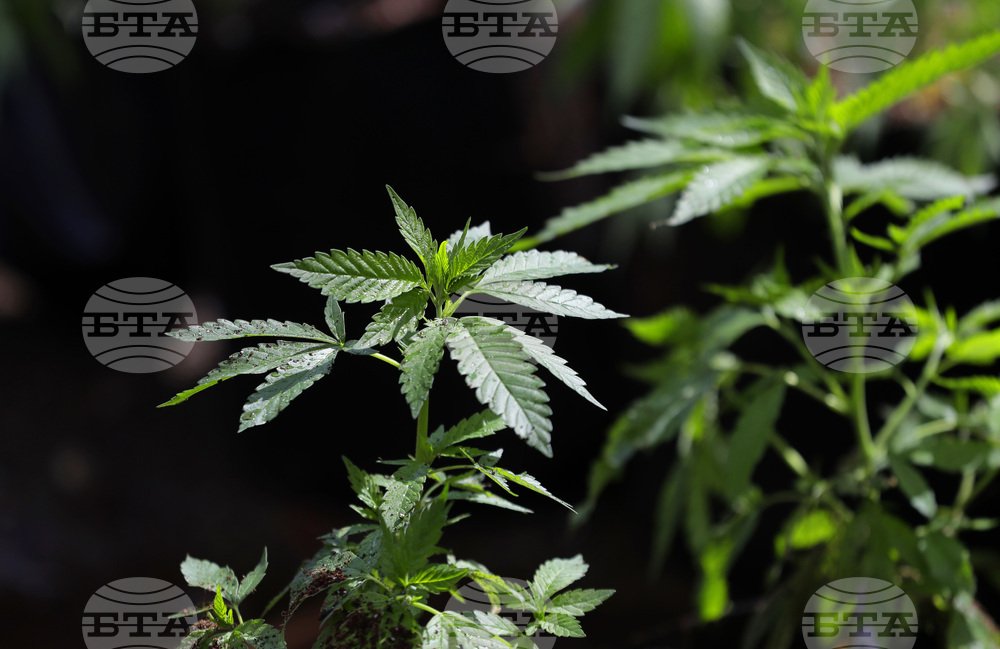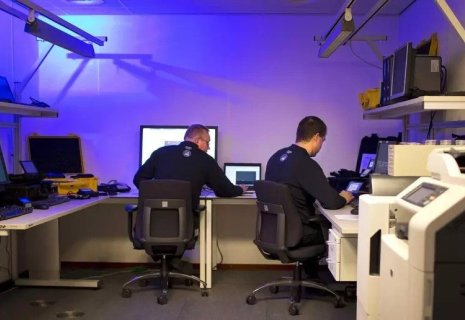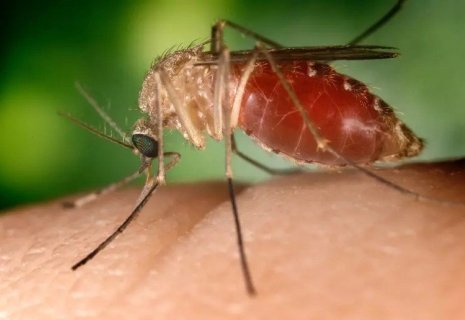
Childhood Trauma Raises Paranoia Risk and THC Consumption in Cannabis Users
People who use cannabis to relieve pain, anxiety, or depression are at a higher risk of developing paranoia compared to those who use it for recreational purposes, reports PA Media/DPA citing a new study, CE Report quotes BTA.
The research was led by the Institute of Psychiatry, Psychology and Neuroscience (IoPPN) at King’s College London and published in BMJ Mental Health. It examines why people start using marijuana and whether these reasons affect their later usage.
Researchers analyzed responses from the Cannabis&Me survey, which included 3,389 current and former cannabis users aged over 18 from the London area without a history of clinical psychosis.
The study found that individuals who begin using cannabis as a form of self-medication for pain, anxiety, depression, or mild psychotic symptoms scored higher on the paranoia scale.
The lowest paranoia scores were observed in participants who started using cannabis for recreation or curiosity.
The survey also collected data on the frequency and potency of cannabis used, allowing researchers to estimate average weekly THC consumption — the psychoactive component of the drug.
Results showed that the average user consumes 206 units of THC per week. Those using cannabis to relieve anxiety or depression, or because a family member also uses it, had higher weekly averages of 248, 257.4, and 286.9 THC units respectively.
A separate analysis published in Psychological Medicine examined the connection between childhood trauma, cannabis use, and paranoia.
Just over half (52%) of participants reported experiencing some form of childhood trauma. Those who had undergone physical or emotional abuse showed approximately 35-40% higher paranoia scores. Participants who experienced childhood sexual abuse had higher average THC consumption, followed by those with histories of physical and emotional abuse.
“The reason why people start using cannabis may become an effective, inexpensive, and easy way to identify those who might need monitoring, support, or referral to intervention,” said Martha Di Forti, Professor of Substance Use, Genetics and Psychosis at King’s College London’s Institute of Psychiatry, Psychology and Neuroscience.
























